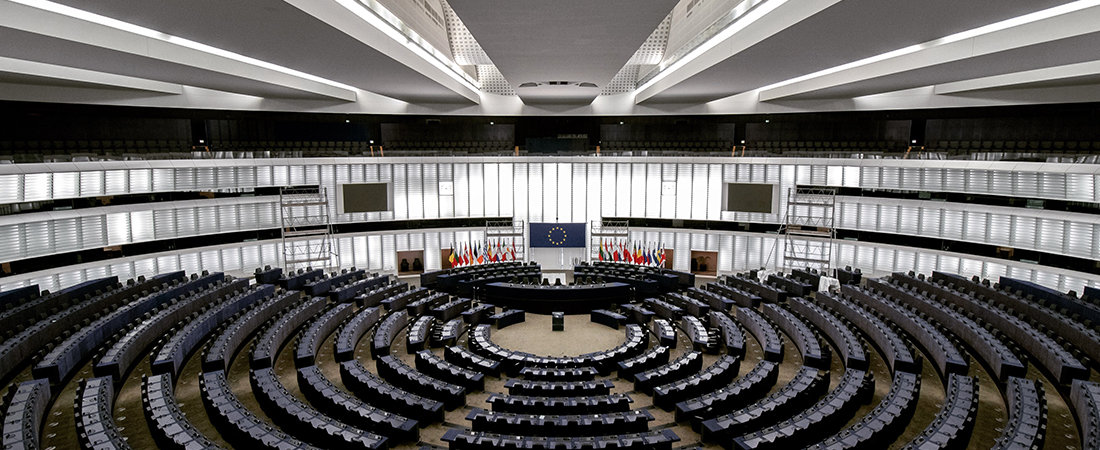The European Parliament has always had a unique relationship with the notion of location, working in Brussels, but ‘sitting’ in Strasbourg; doubly so in the era of remote working. But in the Brexit negotiations its concern is more figurative: it risks being neither here nor there.
Since the Lisbon Treaty, the EP has been a veto-wielding player in EU trade negotiations; its consent is required to ratify an agreement. Beyond that, it has a right to be ‘regularly informed’ about the progress of negotiations, and can pass resolutions to state its views at any stage in the process.
And it has used this power: The Anti-Counterfeiting Trade Agreement (ACTA) was scuppered by an EP veto, never to recover. The threat of an EP veto was enough to modify the Investor-State Dispute Settlement regime in the Comprehensive Economic and Trade Agreement (CETA) between the EU and Canada to something more palatable.
But the EU-UK Agreement differs in a fundamental way: the notorious ticking clock. Whereas MEPs had years to scrutinise the details of texts like CETA and TTIP with relatively little concern for the duration of the negotiations, the Brexit talks have a hard deadline in the form of the end of the transition period at midnight (Brussels time…) on 31 December.
This changes the normal balance of power. Despite the various intermediate deadlines that have come and gone, negotiators will feel as if they can keep talking right up until the end of the year, safe in the knowledge that the Council can offer ‘provisional application’ of any treaty to avoid a dreaded No Deal period.
But where does this leave the EP? It has scheduled a special session to vote on a potential deal on 28 December. But even if there is a text to scrutinise, this timetable would make a mockery of the EP’s role; its previous speed record for approving a trade deal was 61 days. It could not have a meaningful say without potentially taking the blame for torpedoing negotiations at the last minute — and even then, its say would hardly be a meaningful one. And ‘provisional application’ would effectively render it entirely impotent: the inertia of a text already applied in practice would be all but impossible to overcome.
But faced with this looming humiliation, MEPs have been subdued. There has been chatter on Twitter about the possibility of not ratifying before the end of the transition period. There have been some briefings to the media on the technicalities of the process, and the views of individual groups. There has been talk of passing resolutions. But there has not been, for instance, a cross-group announcement giving a firm deadline for negotiations to conclude to allow scrutiny — though even doing that might only serve to highlight the weakness of the Parliament‘s position when the negotiators ignore the ultimatum, without even considering whether the groups could agree among themselves.
So the coming days (Weeks? …Months?) will be a major test of the EP’s ability to be more than a paper tiger on Brexit. I haven’t touched on what price it could conceivably ask for its consent — it was fully behind Barnier’s negotiating mandate, after all. And Brexit is not your usual trade agreement. But to be sidelined, or forced to accept whatever the Member States agree to, would be a serious blow to the standing of the only directly-elected EU institution.
Put another way: can the European Parliament take back control?

